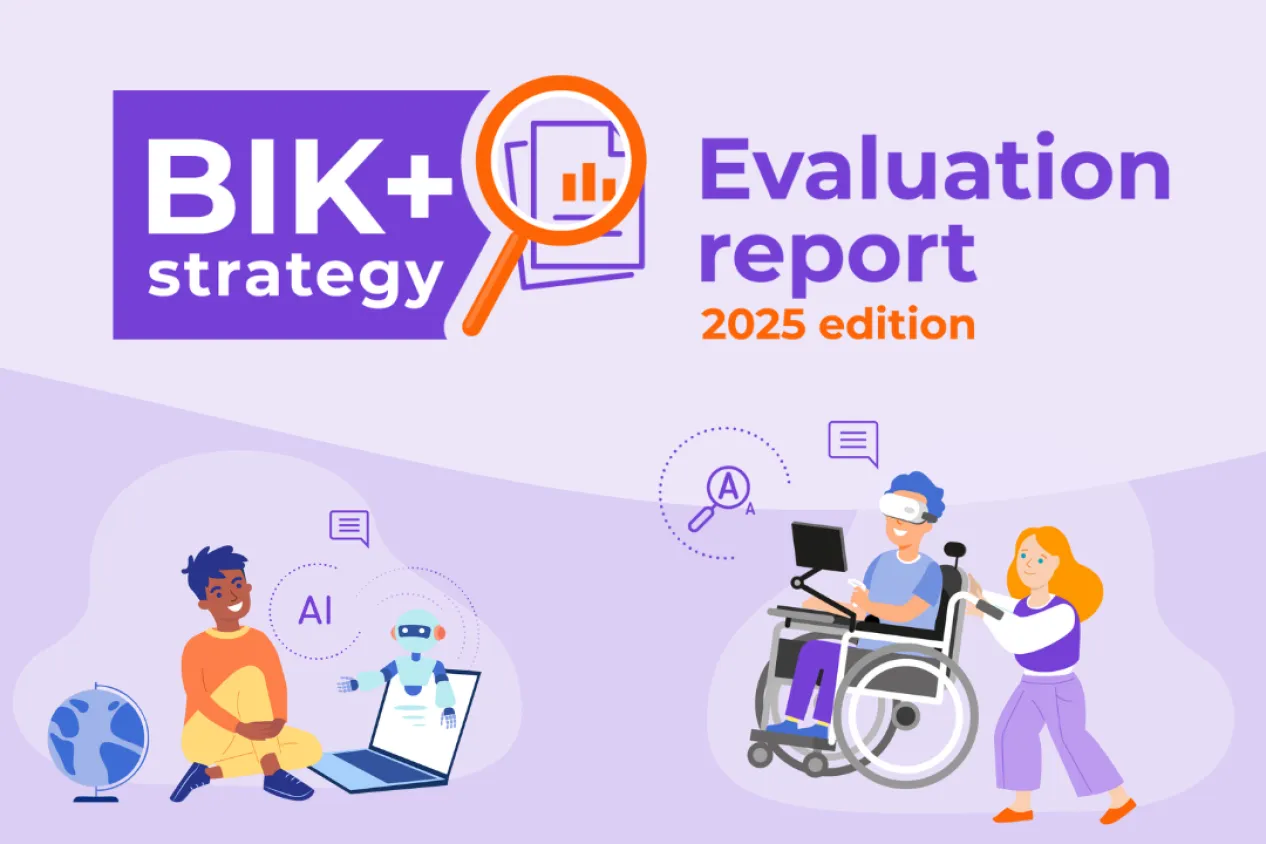Three years after the adoption of the European strategy for a Better Internet for Kids (BIK+), the first comprehensive evaluation of the strategy has been published, offering a landmark moment in understanding how Europe is progressing toward a safer, more empowering and inclusive digital environment for children and young people.
Launched by the European Commission in May 2022, the BIK+ strategy builds on two decades of EU leadership in online child safety. This first evaluation draws on direct input from more than 750 children and young people – including those from vulnerable backgrounds – alongside consultations with more than 360 adult stakeholders, including educators, parents, representatives and experts from civil society, academia, industry, and policymaking. Together, their voices provide a 360-degree view of the strategy’s successes and the challenges that remain.
Members of the COFACE Families Europe network from 8 countries (Austria, Bulgaria, Finland, Greece, Hungary, Poland, Slovenia, Spain) organised consultations with parents and caregivers to discuss the Strategy and its three pillars: 1.Safe digital experiences 2.Digital empowerment and 3.Active participation. The consultations revealed core priorities that should be addressed to strengthen the impact of the BIK+ strategy at home and within families:
1. Provide simple, clear and practical guidance for parents
Many parents expressed feeling overwhelmed and ‘constantly playing catch-up’. They requested concise, actionable advice on how to navigate their children’s digital lives, including guidance on privacy, online risks, and screen time, delivered in a parent-friendly format.
2. Offer accessible and engaging parent workshops on online safety
Parents expressed interest in learning more about online safety and digital skills in general, but acknowledged significant barriers, including time constraints and a lack of awareness regarding existing resources. They recommended targeted workshops, ideally offered in convenient settings such as schools, integrated into other school events, and tailored to the digital literacy levels of primary caregivers.
3. Improve and support trust-based digital parenting approaches
A recurring theme among parents was the importance of strong, open and trust-based relationships with their children. This approach was deemed more effective in helping children and young people remain protected, empowered, and respected online than any technical tools or restrictions. While participants acknowledged significant barriers, such as parents’ time constraints and, in some cases, lack of interest, they suggested that the BIK+ strategy should emphasise programmes and activities aimed at children and their parents that support learning how to co-navigate, foster dialogue, and promote mutual respect over blanket bans and purely technical solutions.
See the full evaluation here including recommendations for future action.





